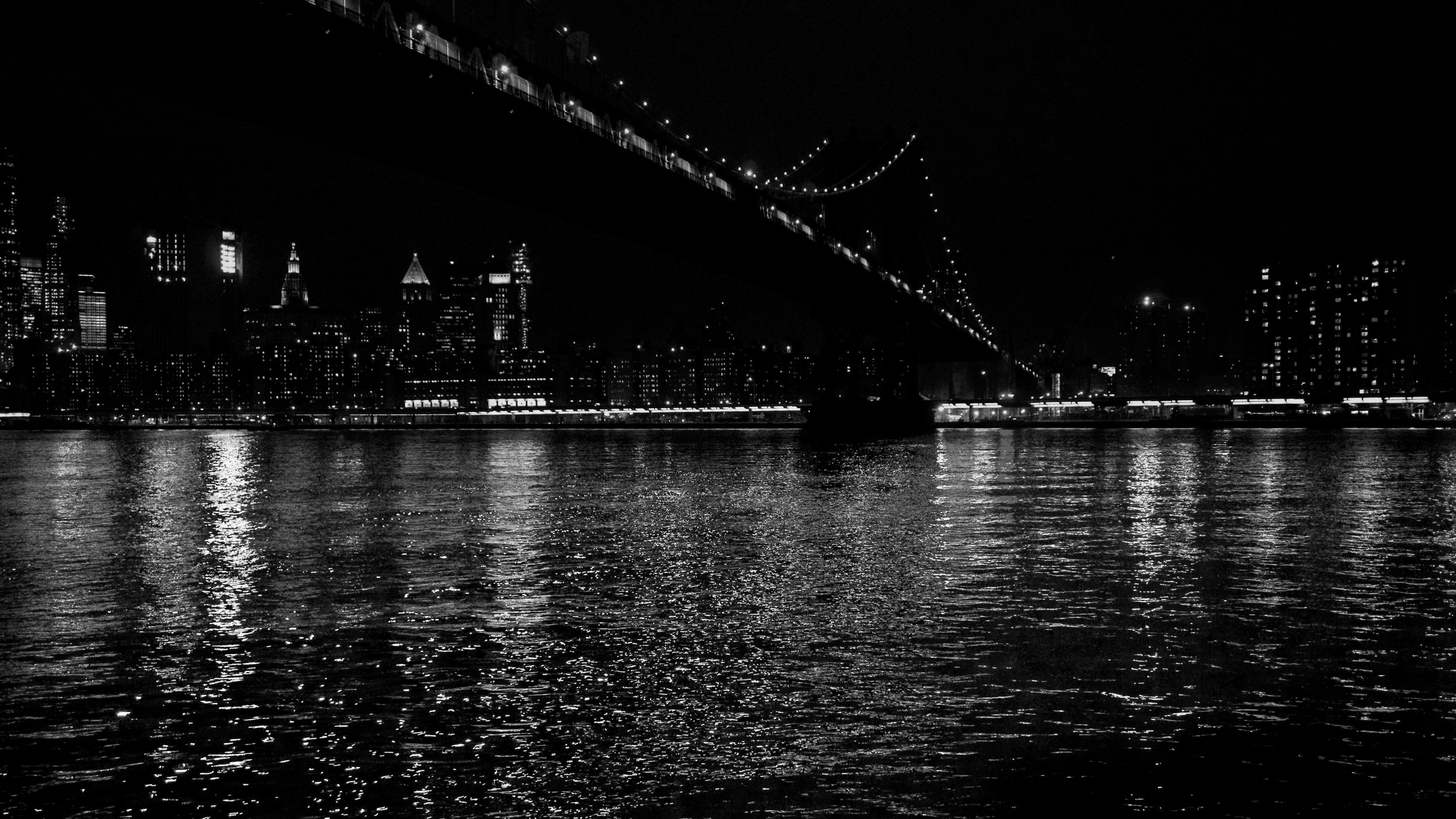Soundless
Nothing makes you doubt the merits of a music education more than a neighbor who takes up the violin.
New York 2015
Nothing makes you doubt the merits of a music education more than a neighbor who takes up the violin. To the mind kept awake deep into the night with the sound of dissonant, wrenching strings, it does seem perfectly reasonable to limit violin ownership to the experts—with nobody below the level of virtuoso permitted access to any instruments. Because there’s nothing like a few sleepless nights to trigger an authoritarian tendency.
Years ago I remember listening to a man practice his saxophone on a fire escape in New York. Of course his session began just after midnight, and of course he persisted for what must have been a decade, with one particular sequence of notes, of course, demanding his most dogged repetitions. He was determined and persistent and maddening, even though a little bit of saxophone amid the cacophony of horns and sirens and slammed breaks during a summertime night in New York is a rather soothing tonic—but it is best when the player is off in the distance and has the confidence and dexterity to play more than five notes.
During one of my stays in Bucharest I could mark the afternoon hour by the vibrations of an electric guitar. The first hints of the coming sound—a slight rattle in the walls, the hollow static of a waiting amplifier—almost always began right at three, which made the very predictability of this routine start to feel reassuring. Perhaps it was simply my belief that my neighbor heralded the end of the workday with a guitar. There was no justification for this assumption, but the exactness of the schedule did add a timetable to my own day.
Explore writing, travel, and literature—with a new issue every Friday.
In what feels like a gust of memory, I hear a pounding above my head, as my upstairs neighbor in Brooklyn begins to hammer in a new wood floor at seven on a Saturday morning; and I also hear, just outside my seventeenth floor window in São Paulo, the workers who are harnessed to the roof as they swing mallets against the façade, the startle of their appearance a match to the drumming of their tools; and then I hear the endless reverberations of a bell in Vico Equense, a coastal village about one hour from Naples, where I rent an upstairs apartment right next to a church during Easter weekend, an experience that’s indistinguishable from living inside the bell tower; and I can hear, too, the distinct pitch of the muezzin’s call, for the first time on a hot morning in Marrakesh, then in countless other cities over the years, until the rolling, operatic call that powers through the air five times a day begins, for me at least, to fade outside my awareness.
And that is what eventually happens to all of those distant sounds, as they’re sure to recede the moment your attention strays. Amid the usual ruckus of an afternoon in a city, in fact, it is difficult to focus on any one sound—your attention is too defuse, too distractible, too disordered. So you only notice the dog once it stops barking or the diesel truck once it stops idling or the people in the distance once they stop talking.
What you might also begin to notice, however, is that the daily clatter that seems to follow you around isn’t all that unusual. It is the hum of any city that’s truly alive, from its distant horns and shouts and construction, to its much nearer footfalls and ringing phones and perfectly overheard arguments. What sounds like a jumble, or an irritant, is the purring of any halfway decent spot. It is a bit of acoustic entropy, which comes with the almost comforting knowledge that there will always be a racket, and the only silly expectation, an almost inhuman expectation, is silence.




